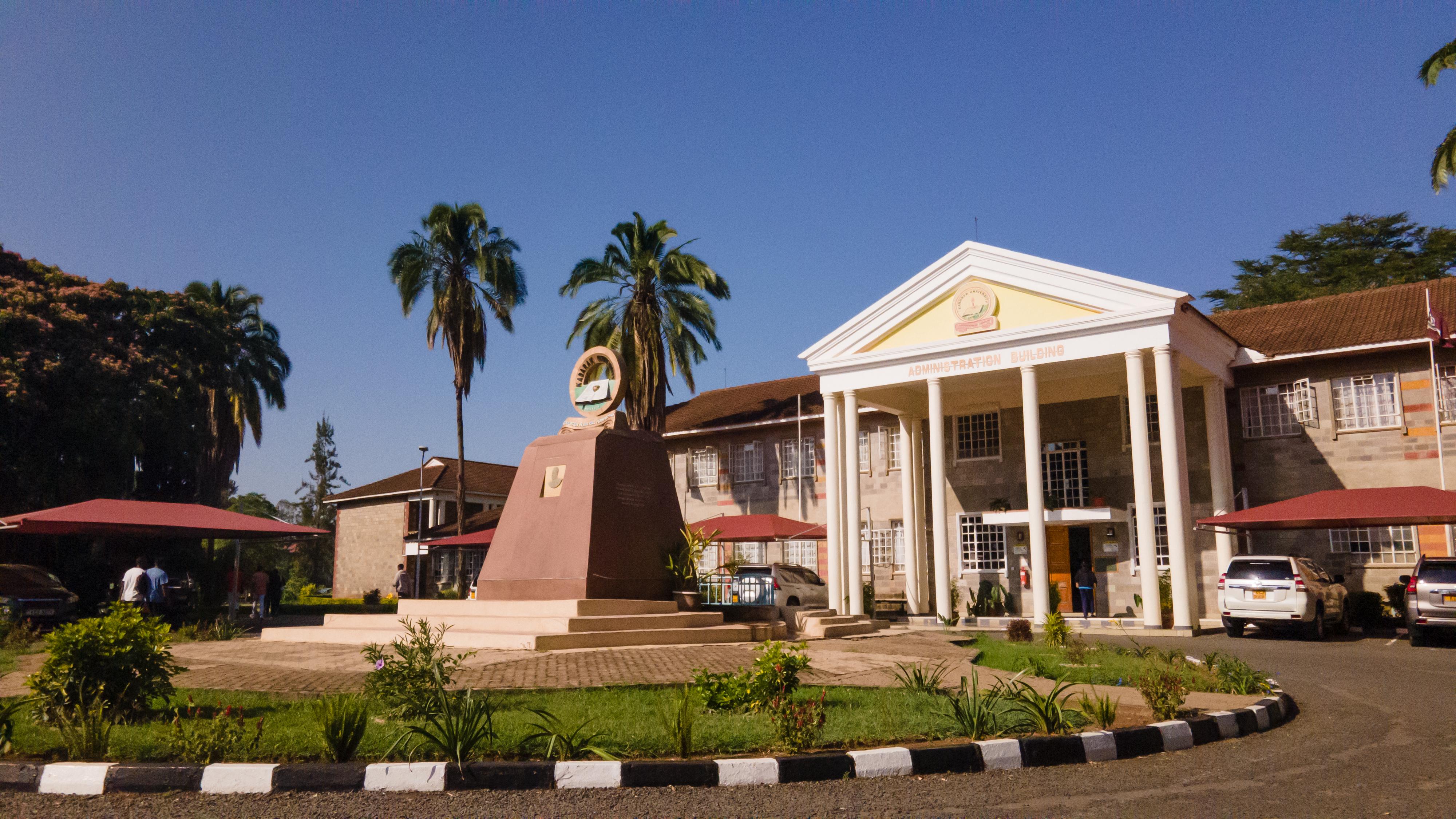- When nutrients are deficient due to insufficient access to fertilizers, decreased soil health, lower yields, or failed crops occur, undermining food security.
The proportion of nutrients applied for plant growth can affect or improve biodiversity. This is through sustainable nutrient management. According to the United Nations Environment Programme (UNEP), sustainable nutrient management is a strategy to tackle the planetary crises—climate change, nature and biodiversity loss, and pollution and waste. It will also ensure food security.
Nutrients are chemical substances essential to sustain the life needed by plants, animals and people. Humans can access these nutrients through food consumption. This means that for the food we eat to be nutritious, the crops should have enough supply of nutrients growing.
Nitrogen and Phosphorous are the most depended nutrients. However, recent assessment suggests that these nutrient cycles have been disrupted by human activities. These activities include misuse of fertilizers –which increase the volume of runoff water and wastewater.
When nutrients are deficient due to insufficient access to fertilizers, decreased soil health, lower yields, or failed crops occur, undermining food security.
Similarly, excessive nutrients through the overuse of fertilizers can cause pollution, which is a key driver of biodiversity loss and undermines the ecosystem. An excess of phosphorous and Nitrogen in the aquatic ecosystem can trigger algal blooms, which consume the available oxygen and block light. These result in low oxygen conditions that are unsuitable for most species to survive.
Read More
Excess Nitrogen use can also affect the pH of soil and water by making them more acidic, impacting marine biodiversity.
Near shore coral reefs bloom in low nutrient ecosystems. They are sensitive to any additional nutrient inputs as they can disrupt the ecosystem and trigger disease.






